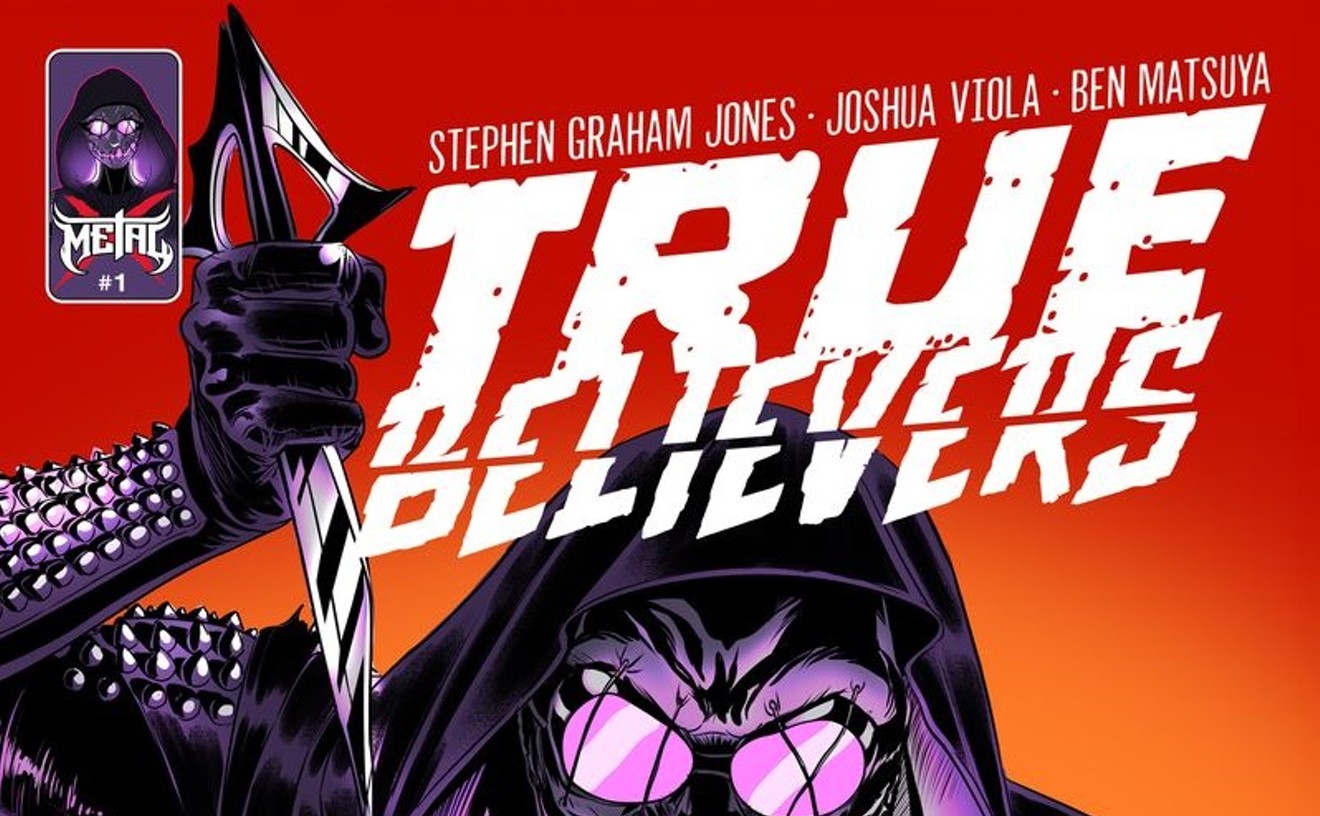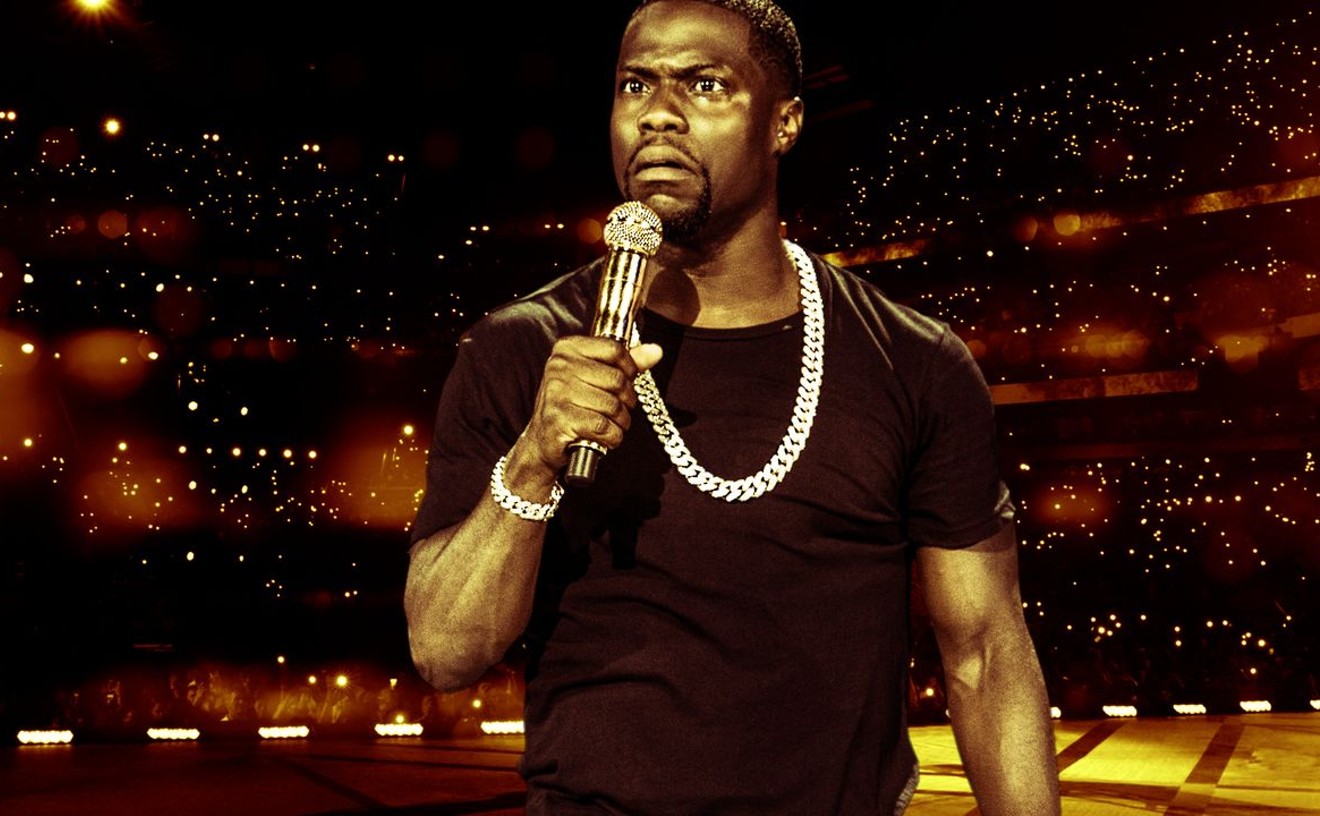If "Try to Remember" doesn't move you, The Fantasticks plain isn't working, and though the song carries all kinds of memories for me, I couldn't summon up so much as a wistful thought hearing it sung in the Colorado Shakespeare Festival production. As written, the show is sweet, pretty, clever and tender, amusing but oddly deep in spots, approaching its revelations so gently that you hardly realize they're there; the songs, by Harvey Schmidt and Tom Jones, are appealing and sometimes lovely. That's why The Fantasticks ran for decades in a tiny off-off-Broadway house, attracting droves of young lovers, strivers and dreamers.
The story concerns young lovers, of course: sixteen-year-old Luisa and her slightly older neighbor, Matt. The two have absorbed every romantic notion they've ever encountered in song or story and believe themselves deeply in love. Their parents, intending to help the affair along by pretending to object to it, have raised a wall between the two houses and forbidden their children to meet. They even employ a mysterious actor named El Gallo — the rooster — to pretend to abduct Luisa so that Matt can save her. The first act ends in sugary bliss. But the second act darkens, mocking the first as the couple quarrels and parts. Wandering the world, Candide-like, Matt suffers robbery and torture. Luisa comes under El Gallo's spell, and her will and understanding are tested. Eventually, both realize that love involves more than fantasy, that — as "Try to Remember" so lyrically asserts — "without a hurt, the heart is hollow." There are lots of self-referential theatrical devices in the script; in fact, the whole thing is a humorous theatrical send-up, from the parents' contrivances to the references to A Midsummer Night's Dream and Romeo and Juliet that pepper the dialogue. Most of the Shakespeare quotations come from two actors, Henry and Mortimer, who emerge from a trunk to help El Gallo with his machinations.
But this production, directed by Sands Hall, is played pretty superficially. Emily Van Fleet is a skillful actor with a good voice and a mastery of the funny, charming mannerisms required of musical-theater ingenues, but there's no heart or vulnerability to her Luisa. This doesn't matter much in the cutesy first act, but it becomes an issue in the second. Nick Henderson's Matt is more real, and though he had a few vocal problems on opening night, his singing is rich and beautiful. (This Fantasticks is staged in the round, so that actors often turn away from the auditorium to address audience members seated on stage and their voices get lost.) You just don't believe for a moment that these two young people feel a thing for each other, even in the touching scene when the scales have supposedly fallen from their eyes and they sing "They Were You." El Gallo needs to be glossily, roosterishly hyper-masculine, but Seth Panitch doesn't project the necessary power, either vocally or in terms of presence. All of this is probably why Sam Sandoe and Ian Andersen get such huge laughs with Henry and Mortimer's comic malapropisms — but should these characters really be the most vivid part of the show?











